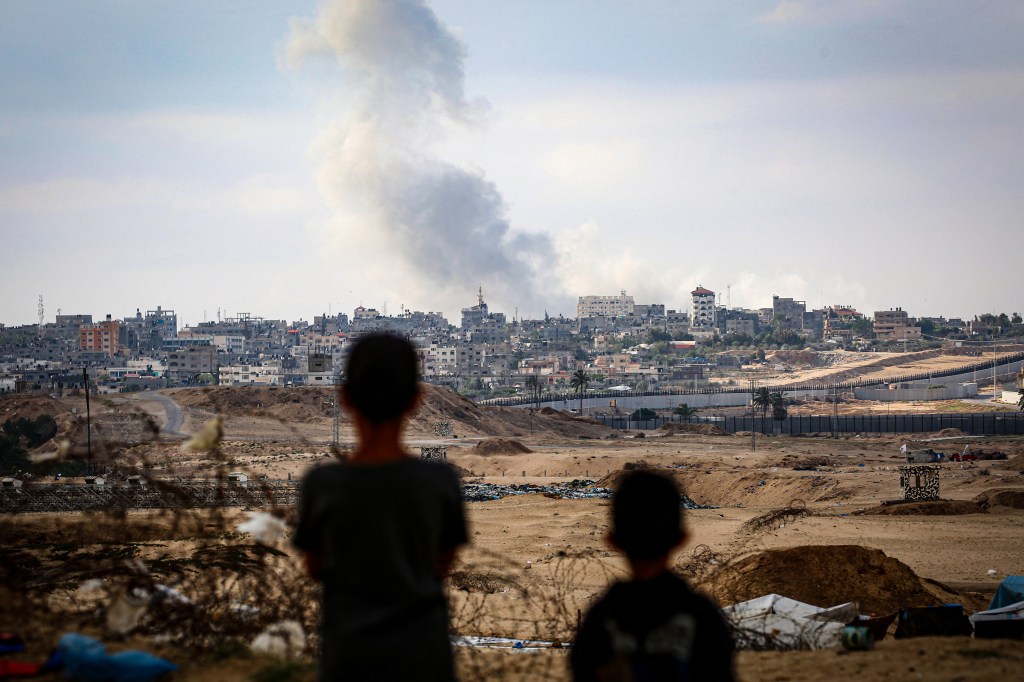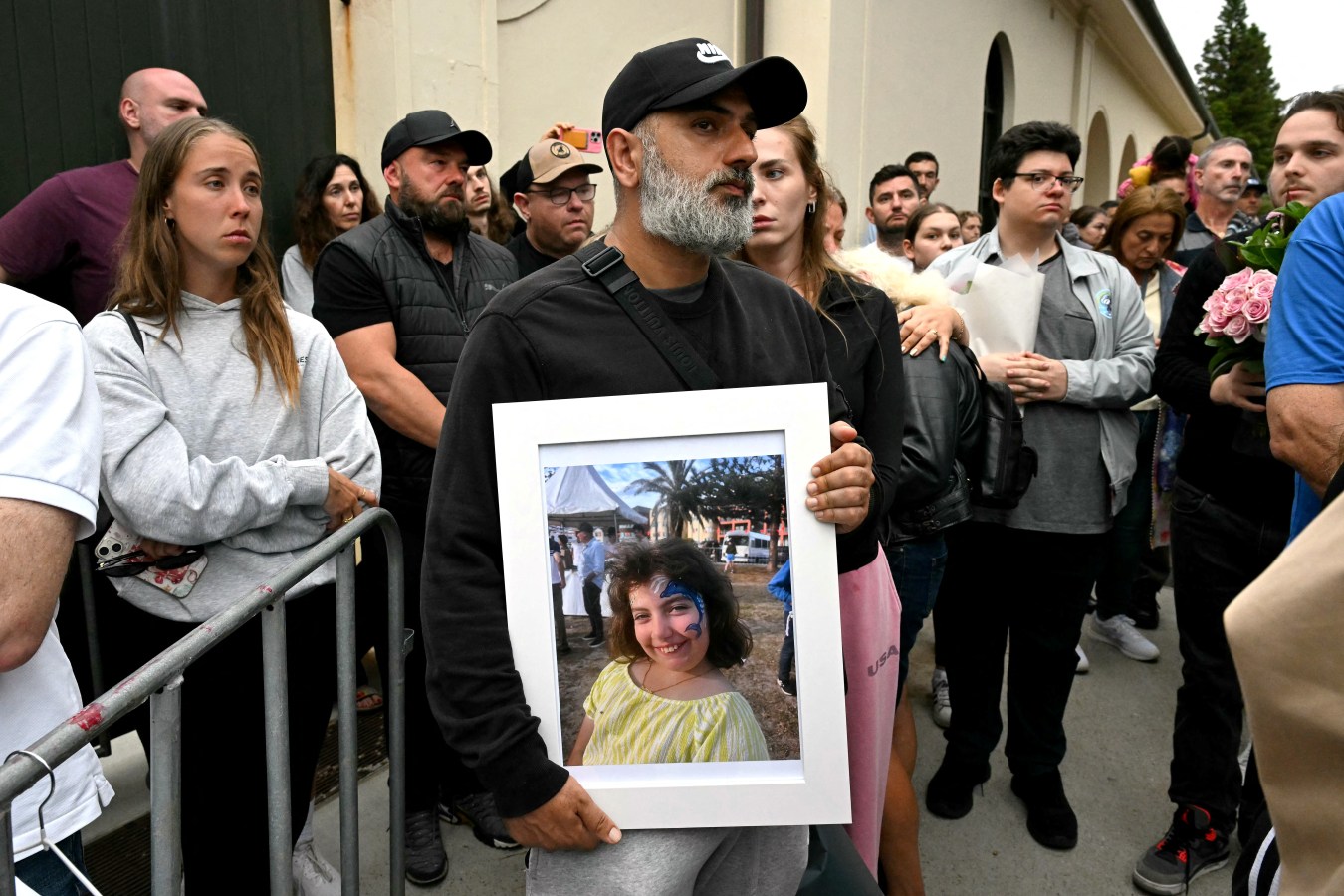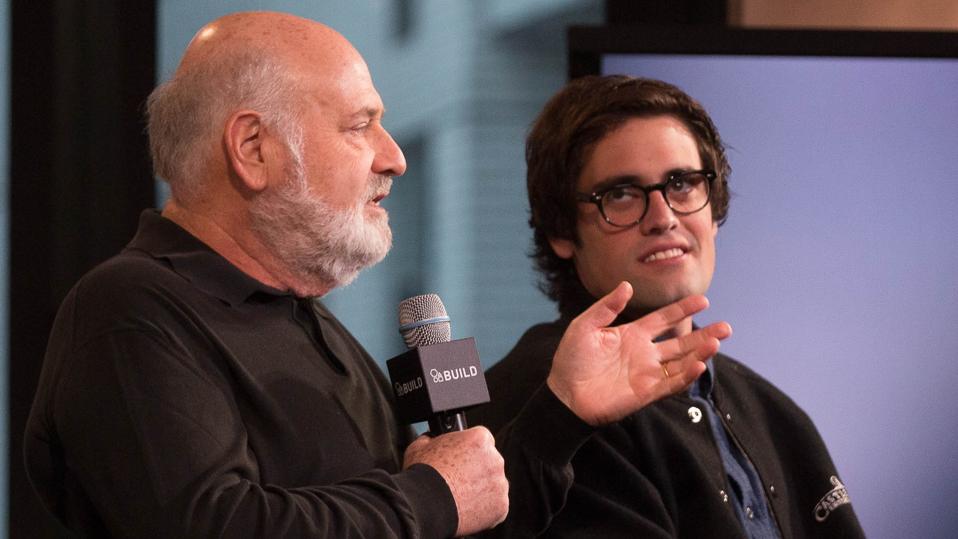A senior Israeli official said the country expects its war against Hamas in Gaza will likely last through the end of this year, as Israeli forces reportedly pushed further into the Gaza Strip city of Rafah amid mounting humanitarian concern and global calls for a cease-fire.

Key Takeaways
- Israeli National Security Advisor Tzachi Hanegbi told Kan public radio in Israel Wednesday he expects fighting with Hamas to continue for at least another seven months.
- He insisted the war is justified and necessary to destroy Hamas, and insisted the fighting in Rafah—where global leaders have raised concern about a humanitarian crisis—”is not a pointless war,” according to Reuters.
- His comments come as multiple media outlets reported Israeli tanks moved further into Rafah Wednesday, signaling Israeli forces’ intent to continue pressing into the city—which Israel says is Hamas’s largest remaining safe haven—despite global outcry and a ruling from the U.N.’s highest court last week ordering Israel to halt its offensive in Rafah.
- It also comes as cease-fire negotiations between Israel and Hamas carry on with little signs of progress—with Hamas claiming talks were pointless for as long Israel carries on in Rafah, according to Reuters.
Key Background
Israel has been carrying out operations in Rafah despite global concern it could create a humanitarian disaster. The small city in southern Gaza became home to more than one million Palestinians displaced by fighting elsewhere in the Gaza Strip, which has been devastated by war. Since Israel began its military operations there, nearly one million Palestinians have since fled, sparking concern about their wellbeing during evacuations.
The U.N. had already stopped food distribution in Rafah given concerns about security and access during Israel’s attacks. More aid groups, like the World Central Kitchen, have paused their efforts as well, citing concerns about the attacks. The U.N.’s International Court of Justice ordered Israel to stop its operations in Rafah, citing concern about the displacement of refugees and humanitarian access.
The International Criminal Court has also sought arrest warrants for both Israeli and Hamas leaders because of the war. Israel has maintained that operating in Rafah is key to defeating Hamas, which attacked Israel on Oct. 7, killing 1,200 and taking hundreds hostage.
Big Number
More than 35,000. That’s how many Palestinians have been killed in the war, with most believed to be civilians, according to the Gaza Ministry of Health.
What To Watch For
The U.S. has long-urged Israel to avoid a full-on invasion of Rafah, but reiterated Tuesday it believed Israel had not crossed President Joe Biden’s “red line,” according to Politico. The White House has yet to announce any policy changes regarding its support for Israel and has thus far maintained that Israel’s operations in Rafah fall short of a full-on invasion.


